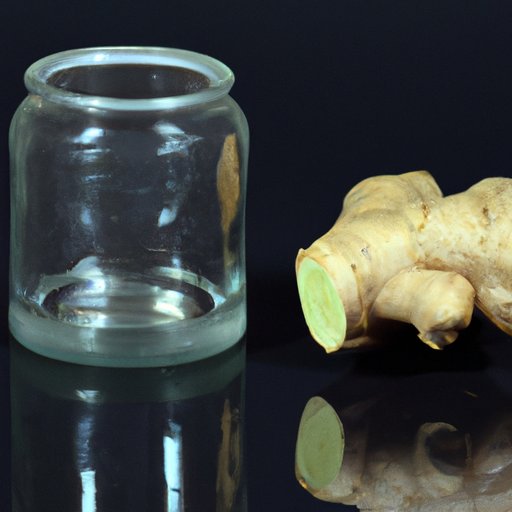
Introduction
Vertigo is a condition that affects many people worldwide. It is characterized by dizziness, spinning, or a feeling of unsteadiness. Vertigo can cause a wide range of symptoms, including nausea, vomiting, and loss of balance, which can impact daily life activities.
Causes and Home Remedies
Vertigo can be caused by various factors, including inner ear problems, migraine headaches, and head injuries. However, in some cases, the cause of vertigo may be unknown.
If you experience vertigo, there are some simple home remedies that you can try. One of the most common is called the Epley maneuver, which involves moving the head in specific positions to relieve vertigo symptoms. Other repositioning techniques include the Brandt-Daroff exercise and Semont-Toupet maneuver.
Lifestyle changes can also help prevent vertigo. Avoiding triggers like stress, alcohol, and caffeine have shown to be beneficial in managing vertigo symptoms.
Medications and Therapies
Several medications can be used to treat vertigo, including antihistamines, anti-nausea drugs, and betahistine. These medications can help alleviate the symptoms of vertigo and reduce the frequency and intensity of associated symptoms.
Aside from medication, vestibular rehabilitation therapy can help as it retrain the brain to better process sensory information related to balance and movement. This type of physical therapy focuses on exercises that improve balance and coordination.
Natural and Herbal Remedies
Natural remedies, such as ginger, are popular among individuals aiming to relieve vertigo symptoms. Ginger helps to reduce inflammation and improve circulation, both of which can help reduce dizziness and nausea. Another common natural remedy used is Ginkgo biloba, which improves blood flow and oxygen supply to the brain, reducing the intensity and frequency of vertigo episodes.
While natural remedies are generally considered safe, they do require cautious use. Excessive consumption of ginger, for example, can result in various side effects, including heartburn and stomach upset.
Psychological and Emotional Support
Vertigo can have a profound impact on an individual’s psychological and emotional well-being. It can lead to anxiety and depression, which affect daily life.
There are several strategies that can help manage anxiety-related to the condition. Mindfulness and meditation can help reduce stress levels, while support groups and counseling services can help manage the emotional impact of vertigo.
When to See a Doctor
If vertigo symptoms persist for more than a few days or start to affect your daily life, it is best to seek medical advice. A doctor can perform various diagnostic tests to determine the underlying cause of vertigo. Treatment options depend on the severity, duration, and underlying cause of vertigo. They can range from medication to surgery or therapy.
Conclusion
Vertigo is a common condition that can have a significant impact on an individual’s daily life. It is essential to know the different types of remedies available, from natural remedies to medical treatments, to manage vertigo’s symptoms effectively. When experiencing vertigo symptoms, it is crucial to seek medical advice and get proper diagnosis and treatment.





